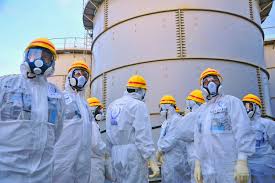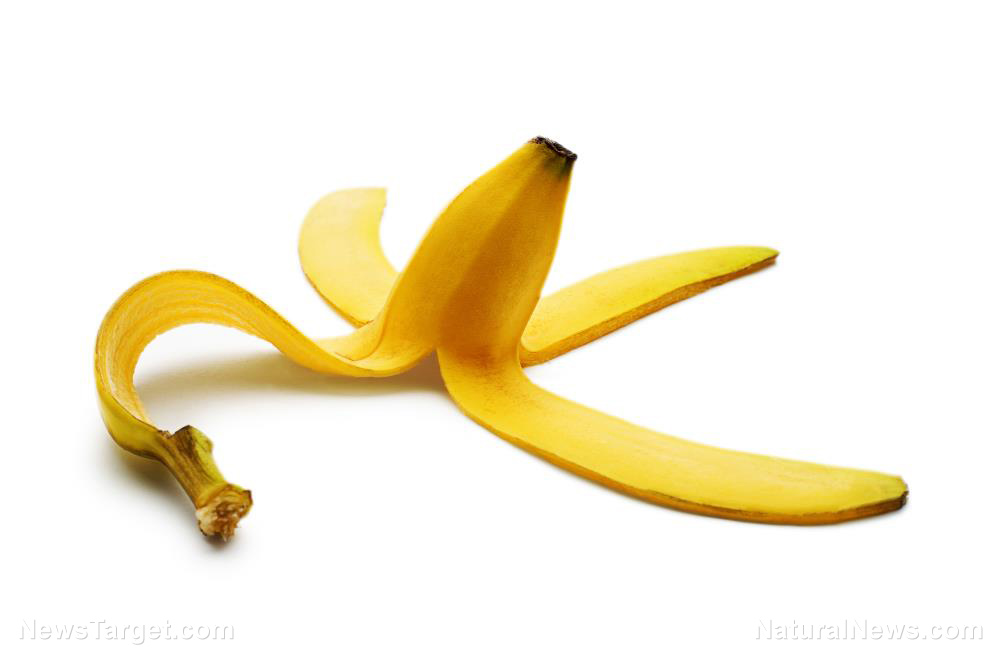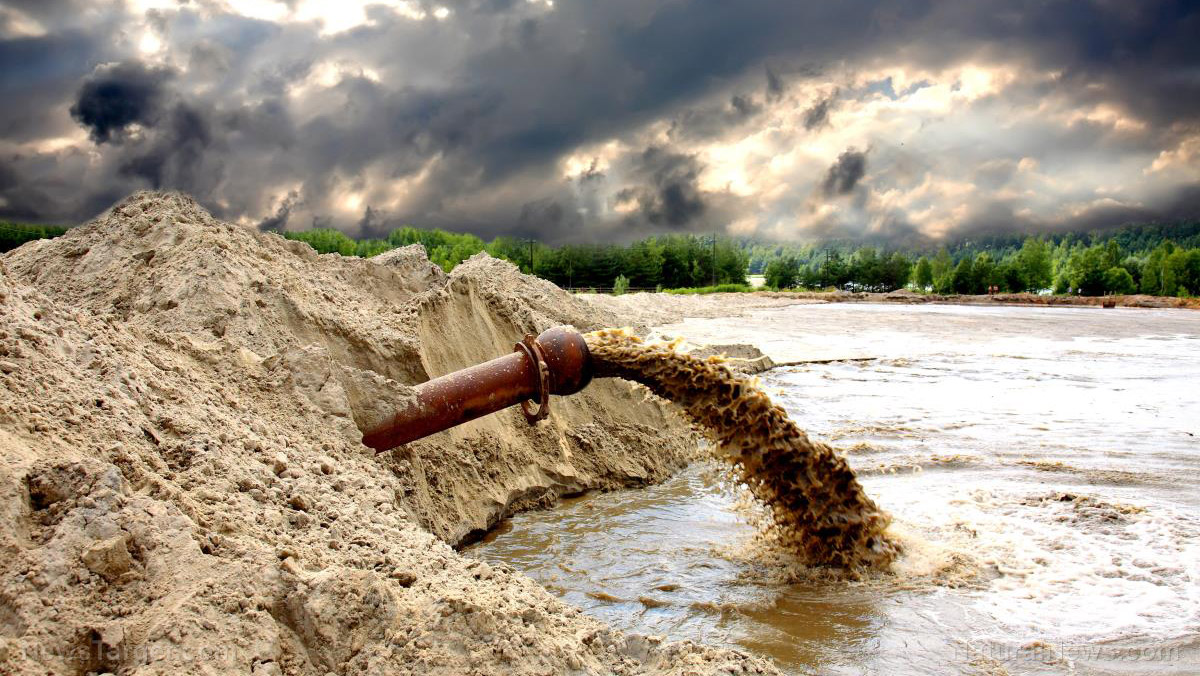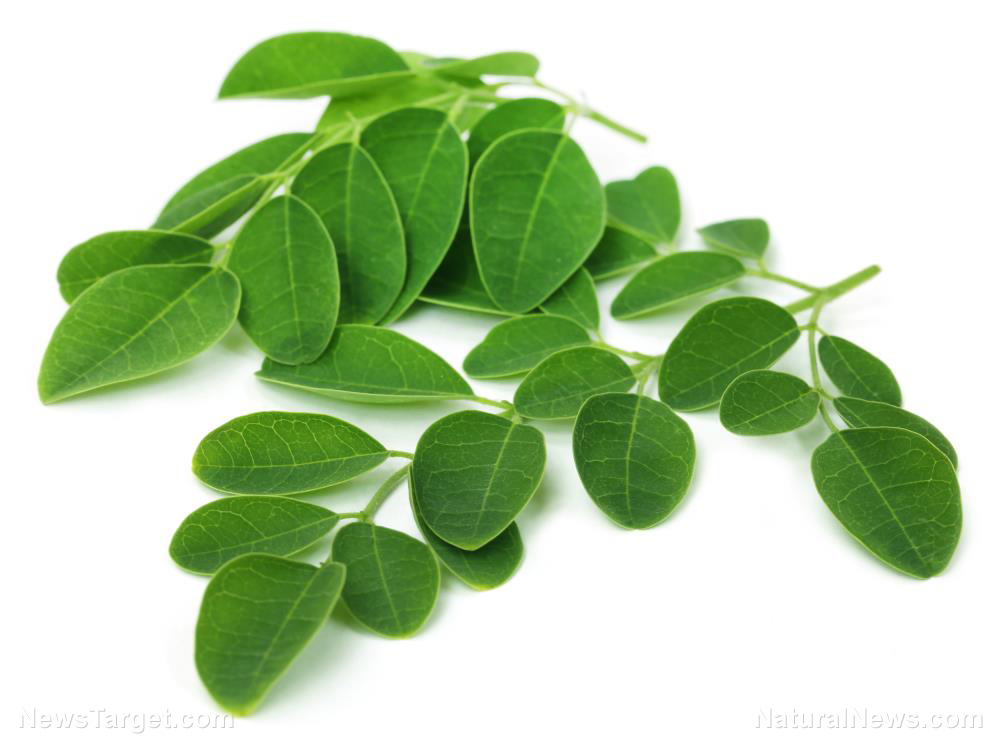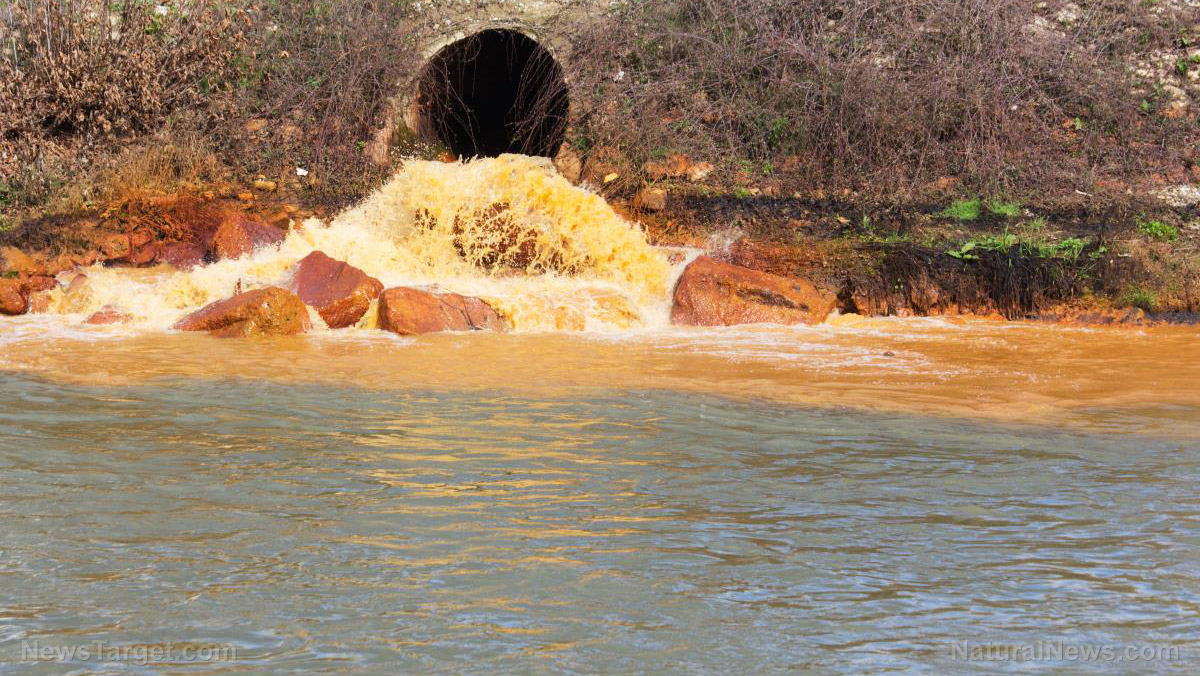Pollution is “devastating” China’s natural ecosystem and contaminating its food supply
06/19/2017 / By Isabelle Z.

Anyone who has breathed the thick air on the streets of Shanghai or has seen photos of smog obscuring the Beijing skyline can confirm that pollution is a serious problem in China. Now, researchers have uncovered the precise extent to which manmade pollution is impacting China’s natural ecosystem, and its effects can be summed up in just one word: Devastating.
The study, which was led by the University of Exeter and published in the journal Atmospheric Chemistry and Physics, examined the true impact that air pollution has had on the local vegetation. In particular, they looked into the effects of aerosol particles and surface ozone on plants in the country and their ability to store and absorb carbon from the atmosphere.
The researchers revealed that the amount of carbon that plants can take in drops significantly as surface ozone rises, and this outweighs any effect that aerosol particles might have when it comes to spurring plants to boost their carbon intake. They warned that the only way to turn the situation around is by taking drastic action, and even then, they estimate that the damage to the country’s ecosystem could only be reduced by around 70 percent.
Of course, getting the situation to change in China seems like a long shot. A recent inspection found that more than 70 percent of Beijing companies violated air pollution regulations. The list of offenses was vast, including pumping out more emissions than permitted, using inadequate pollution control equipment, and operating without the proper licenses. The number of companies that did not meet environmental standards in the area exceeded 13,000.
There appear to be two problems at play here. The first is that firms simply ignore environmental protection policies, and this is compounded by the fact that officials do very little to enforce them.
With so much pollution, how can any food from China be safe?
It’s not just the air that is polluted in China; water and soil pollution are also impacting the nation’s food supply. According to the Food and Agriculture Organization of the United Nations, there is not a single clean river in China, and more than half of its groundwater resources are severely contaminated. Four-fifths of the country’s major rivers are in such bad shape that they can no longer support fish or marine life.
An official government study shows that around 16 percent of the soil in China and 19.4 percent of its arable land is contaminated, with top pollutants identified as nickel, cadmium, and arsenic. All of this pollution is creating a toxic supply of food in the country, some of which makes its way to our shores.
In fact, a recent book by Natural News founder Mike Adams, Food Forensics, exposed how many of the foods and dietary supplements sold in our country that are imported from China are full of toxic heavy metals such as mercury and lead. His lab also found that certified organic rice protein imported from China contained significant contamination from industrial heavy metals like lead, tungsten and cadmium.
Adams wrote: “There are thousands of certified organic proteins, superfoods, herbal supplements and other products being imported into the United States and sold as ‘organic’ even though they are heavily contaminated with toxic heavy metals.
“In my own ICP-MS laboratory, I’m seeing very high levels of lead and cadmium in all sorts of products imported from China, including rice protein and Ginkgo Biloba herbal supplements.”
He pointed out that these superfoods and herbs produced in China can be imported into our country despite their heavy metal content because the USDA and FDA do not have any limits on the amount of heavy metals allowed in food. This is just one of many reasons it is vital to check the sources of everything you buy.
Sources:
Tagged Under: China





